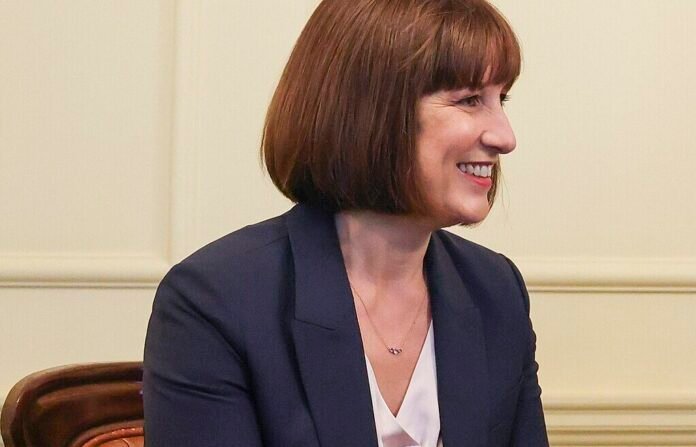Rachel Reeves heads to Washington to urge tariff cuts and defend the car, steel and pharma sectors
Rachel Reeves will make her most direct case yet for a UK-US trade deal when she travels to Washington next week for her first face-to-face meeting with US Treasury Secretary Scott Bessent. The chancellor’s trip comes as fears mount over Donald Trump’s sweeping tariff plans, which threaten billions in British exports.
While Reeves will attend the spring meetings of the International Monetary Fund from Tuesday to Friday, her central mission will be navigating the turbulent waters of transatlantic trade. With Trump signalling a state visit to Britain in September, hopes are growing in Westminster that a limited trade agreement could be struck within weeks.
British officials have already handed US counterparts a draft proposal targeting reductions in tariffs on steel, aluminium, and cars. But with pharmaceutical exports—worth £7 billion a year—on the verge of being hit by new US duties, ministers are scrambling to expand the deal’s scope before it’s too late.
So far, the draft agreement excludes pharmaceuticals, despite their importance as the UK’s second-largest export to America, trailing only cars. Trump has warned that tariff announcements on the sector are “very shortly” forthcoming, potentially costing British drug firms billions.
“We are negotiating actively, and our national interest is front and centre,” Reeves said this week. Her team sees Bessent as a potential ally within the Trump administration, more flexible than some of the White House hardliners pushing for protectionist measures.
Embed from Getty ImagesThe UK’s strategy includes an offer to reduce its digital services tax, currently affecting major US tech companies. In return, ministers hope Washington will lower or postpone the threatened 25% tariffs. British negotiators are less optimistic about full exemptions from Trump’s global 10% levy but believe selective reductions are achievable.
A senior UK official stressed that the outline of a narrow agreement was already in place. “The ball is in their court,” the source said. “The only question is: do they want to do a deal or not?”
The phone call between Prime Minister Keir Starmer and President Trump on Friday added urgency to the diplomatic effort. Number 10 confirmed that trade topped the agenda during their 35-minute conversation. “The prime minister reiterated his commitment to free and open trade and the importance of protecting the national interest,” a Downing Street spokesperson said.
Despite some positive noises from Washington, British ministers are under no illusions about the political landmines ahead. Broader trade agreements remain fraught with hurdles, including the UK’s ban on chlorinated chicken and the NHS’s resistance to US healthcare market access.
Trump administration figures have hinted that deals could be finalised within three weeks. His press secretary, Karoline Leavitt, said announcements were imminent, and Vice President JD Vance described a UK agreement as “in the best interest of both countries.”
Reeves’ discussions with Bessent will focus not only on bilateral trade but also on wider issues such as global economic stability and institutional reform. She is scheduled to appear on an IMF panel, where she will argue for modernising institutions like the World Bank and WTO to reflect a changing global economy.
Beyond government meetings, the chancellor will court US, European and Indian business leaders, promoting Britain as a “safe haven” for investment. With Brexit headwinds and global instability clouding the outlook, Reeves hopes to persuade international partners that the UK remains a reliable economic player.
Her trip could prove pivotal. As protectionism surges and Britain’s trading partners look inward, Reeves is betting on diplomacy—and urgency—to shield the UK’s vital export sectors from a new wave of tariffs.
